
The landmark report has put forward 36 recommendations in total.
The Government will have to put its "money where its mouth is," if it's going to accept the recommendations put forward by the Citizen's Assembly on Drugs.
That's according to the Athlone Drugs Awareness group, after the final report of the group encouraged the Coalition to act on what it described as a 'once in a generation' chance to reduce the harm from drugs.
Among the recommendations is decriminalising possession for personal use, and moving to a health-led approach rather than using the justice system.
It also suggests enhancing funding and services.
Treasurer of Athlone Drugs Awareness, Jim Henson, says the funding has to be there:
Eddie Mullins, CEO of Merchants Quay, says it's important the Government is clear on how decriminalisation will operate:
There are 36 recommendations aiming to create a new Irish model which will be health-led, focusing on supporting those in addiction.
Assembly Chair and Former HSE boss Paul Reid says there's one recommendation they feel needs urgent attention:
Decriminalising possession of drugs won't come at the expense of prosecuting dealers.
That's the message from the Minister with responsibility for the National Drugs Strategy,
One of the central proposals is decriminalisation of those with illicit drugs for personal use, however, Hildegarde Naughton says this doesn't mean leniency for drug gangs:
The report has been submitted to the Oireachtas for consideration, while the Taoiseach also received a copy this morning.
Mr Reid says:
"While the Citizens’ Assembly was in session, it is likely that several hundred people in Ireland died of drug-related causes. The emergence of highly potent synthetic opioids towards the end of 2023 and the ongoing drugs-related criminality and violence are daily reminders of the wider threats and challenges that exist arising from drugs use.
We see the remarkable work being done by service providers across the community, voluntary and statutory sectors. They need and deserve greater resources to carry out their work. We do not have to wait for the Oireachtas to consider this report for them to receive the funding to allow them to do their work effectively.
The Citizens' Assembly was given the important job of considering what the State could do to significantly reduce the harms caused by illicit drug use, and a clear deadline to produce a final report. We have produced an Irish model set in an Irish context that represents a generational chance to improve the lives of many individuals, families and communities impacted by our current approach to drug use. We owe it to them and society in general to embrace this opportunity.
Welcoming the publication of the report and recommendations, Government Chief Whip and Minister of State with responsibility for Public Health, Well Being, and the National Drugs Strategy, Hildegarde Naughton, commented:
I have long held the view that we as a society have needed to have an open and honest conversation about drugs. Ensuring that the voices of those with lived experience and the voices of young people are heard is key to putting in place the appropriate responses. Government’s decision to establish the Citizens’ Assembly on Drug Use has started this process. And as we can see from this report, drug misuse is a complex issue. There are no easy solutions.
Misuse of illicit drugs affects every part of Irish society whether urban or rural, affluent, or disadvantaged. The misuse of drugs has devastating consequences for not only the individual grappling with addiction, but also for their families and the communities in which they live. Government is committed to taking a health-led approach to the issue of illicit drugs, a position which is endorsed by this report.
I would like to thank the 100 members of the Citizens’ Assembly on Drugs Use, including its Chairman Paul Reid, for all their work, time, and effort in producing this comprehensive report and important recommendations. Citizens’ Assemblies are now a feature of our democratic process and I believe this has been an example of deliberative democracy at its best."


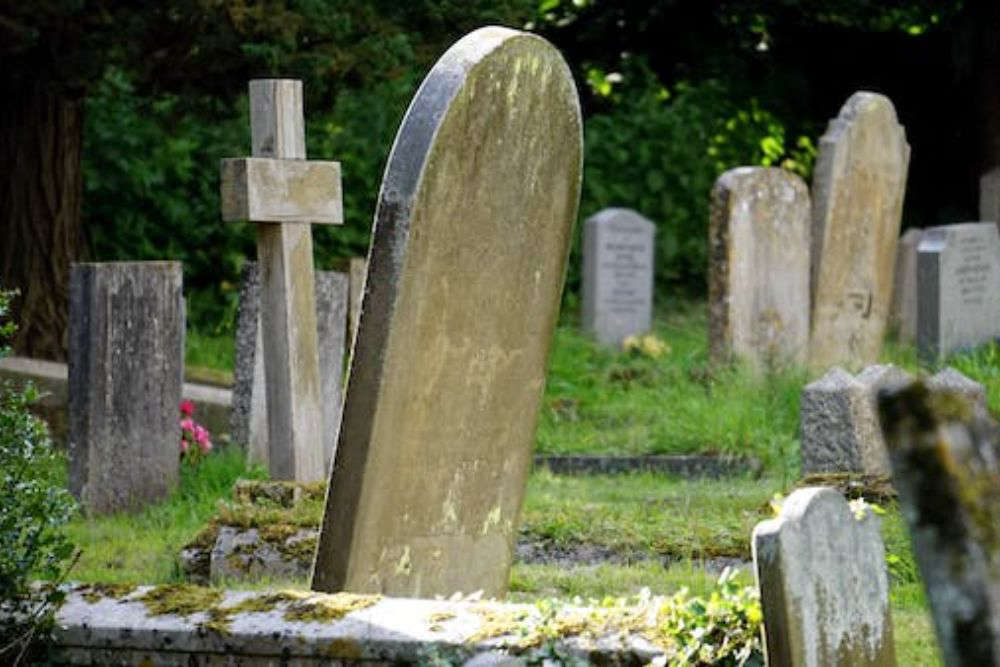 Cemetery Map In Offaly Stolen Before Unveiling
Cemetery Map In Offaly Stolen Before Unveiling
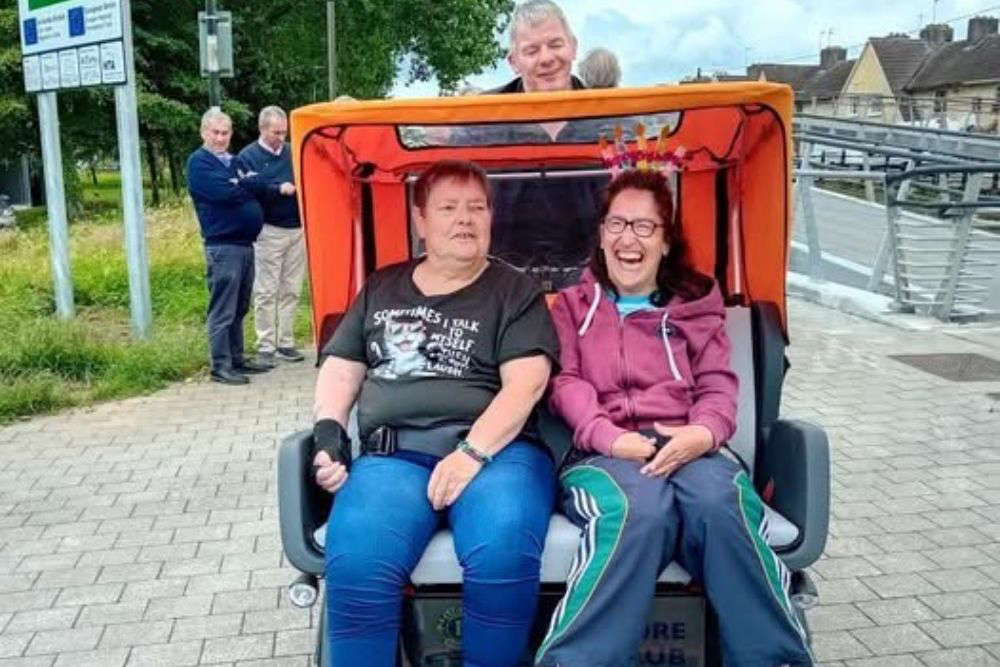 Offaly Town Looks For Community Volunteers For Trishaw
Offaly Town Looks For Community Volunteers For Trishaw
 Westmeath Mother Questions Disability Allowance Review Times
Westmeath Mother Questions Disability Allowance Review Times
 Meeting For Laois Windfarm Taking Place Tonight
Meeting For Laois Windfarm Taking Place Tonight
 Number Of Motorists Caught Without Seatbelts Down In Midlands
Number Of Motorists Caught Without Seatbelts Down In Midlands
 Midlands Climate Scientist Says Mid 40's Heatwave For Ireland Unlikely
Midlands Climate Scientist Says Mid 40's Heatwave For Ireland Unlikely
 "A Young Man Taken Far Too Soon" - Midlands Man Laid To Rest After Laois Crash
"A Young Man Taken Far Too Soon" - Midlands Man Laid To Rest After Laois Crash
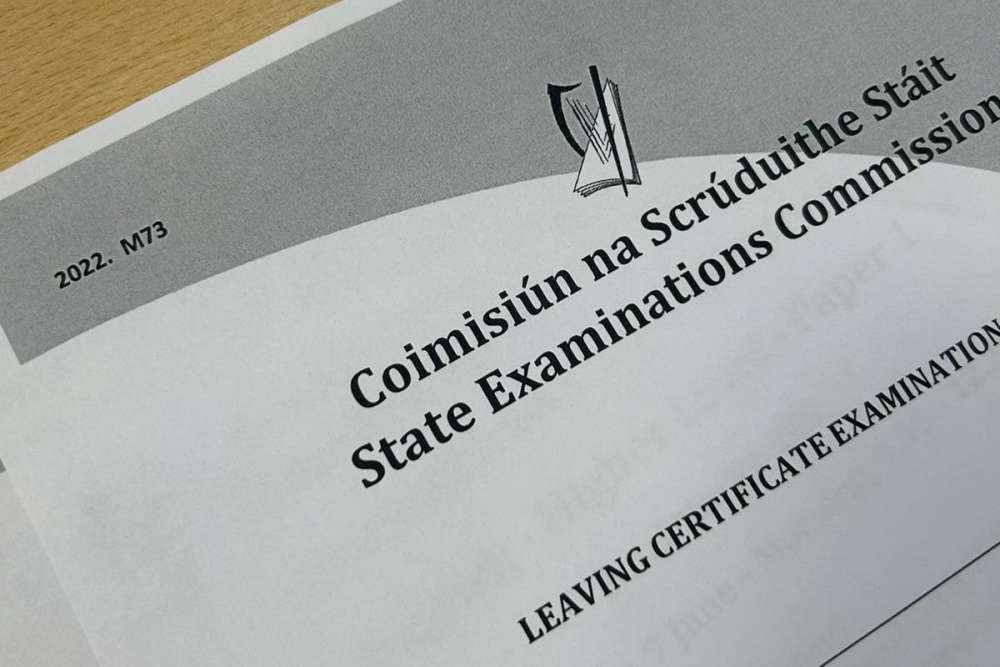 CAO Deadline Tomorrow For Midlands Leaving Cert Students
CAO Deadline Tomorrow For Midlands Leaving Cert Students
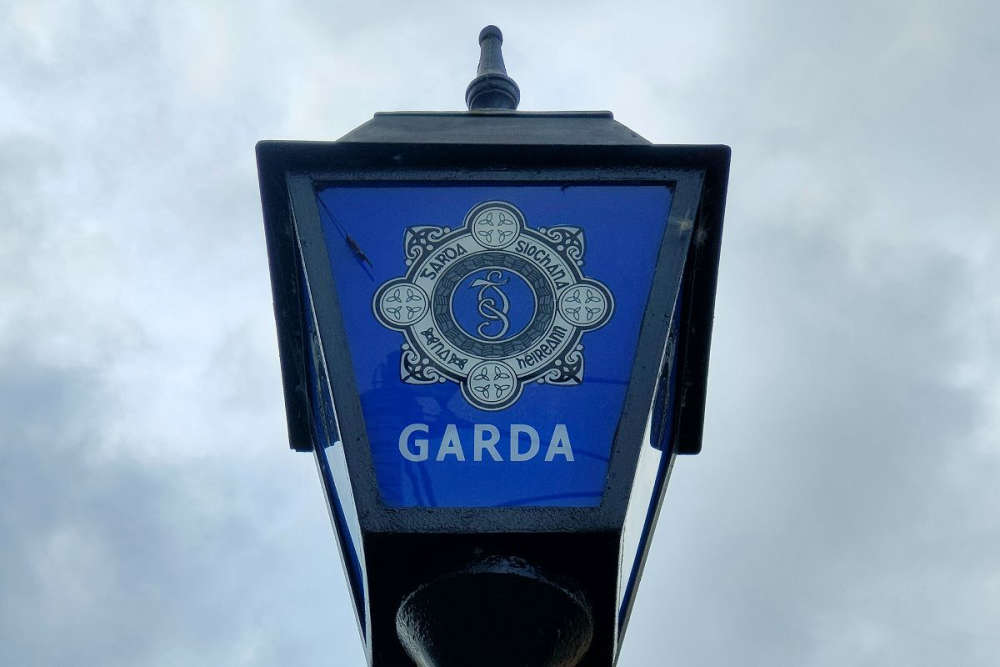 Gardai Appeal For Witnesses Following Incident In Westmeath
Gardai Appeal For Witnesses Following Incident In Westmeath
 Disability Payments For Children In Laois On Rise
Disability Payments For Children In Laois On Rise
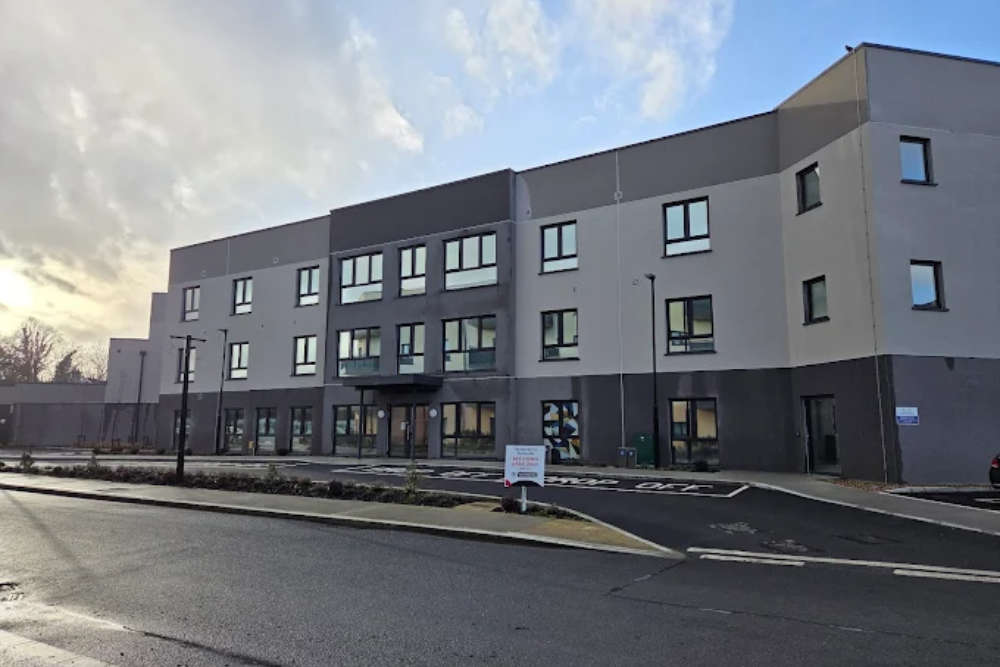 Calls For State To Run Emeis Ireland Nursing Homes
Calls For State To Run Emeis Ireland Nursing Homes
 GP Retirements Could Make Westmeath 'Black Spot For Care'
GP Retirements Could Make Westmeath 'Black Spot For Care'
 Funeral For Laois Road Crash Victim Taking Place Today
Funeral For Laois Road Crash Victim Taking Place Today
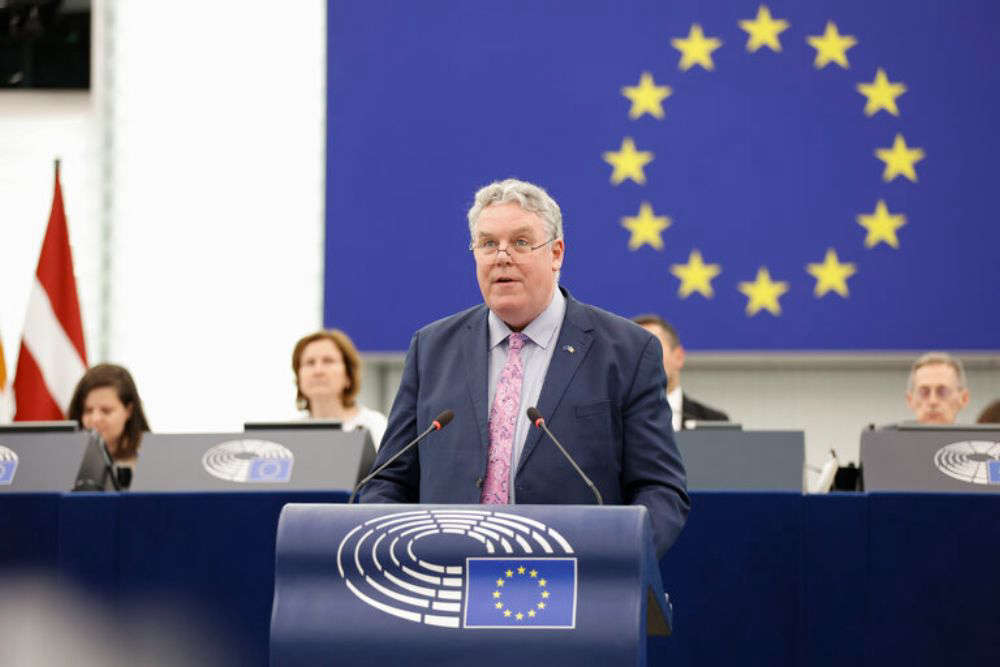 Midlands MEP Just Transition Reforms Set To Move Forward To Parliament Vote
Midlands MEP Just Transition Reforms Set To Move Forward To Parliament Vote
 Midlands Hospital Stays Shortest In Country
Midlands Hospital Stays Shortest In Country
 Midlands Music Fans Warned About Online Ticket Scams
Midlands Music Fans Warned About Online Ticket Scams
 Not Enough Budget For Legal Case On Illegal Peat Extractors - Westmeath County Council
Not Enough Budget For Legal Case On Illegal Peat Extractors - Westmeath County Council
 Necessity Of Westmeath Road Project Questioned
Necessity Of Westmeath Road Project Questioned
 Midlands Hospitals Lead Weekend Discharges
Midlands Hospitals Lead Weekend Discharges
 Homelessness Falls For Second Consecutive Month In Midlands
Homelessness Falls For Second Consecutive Month In Midlands